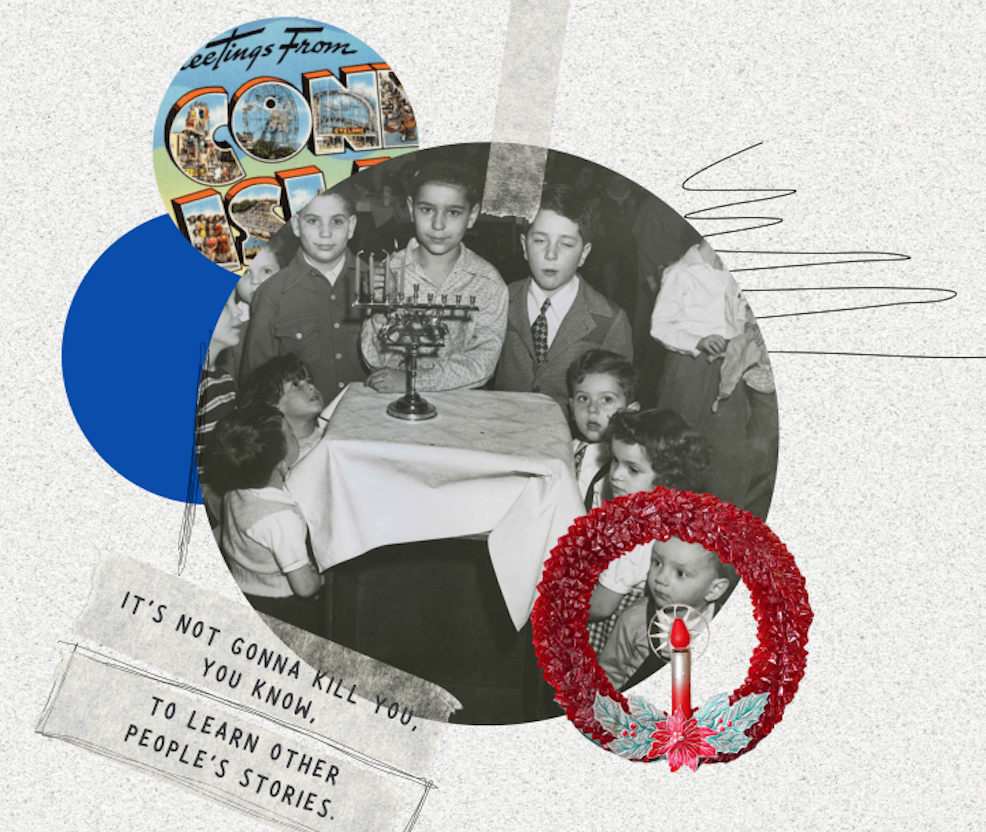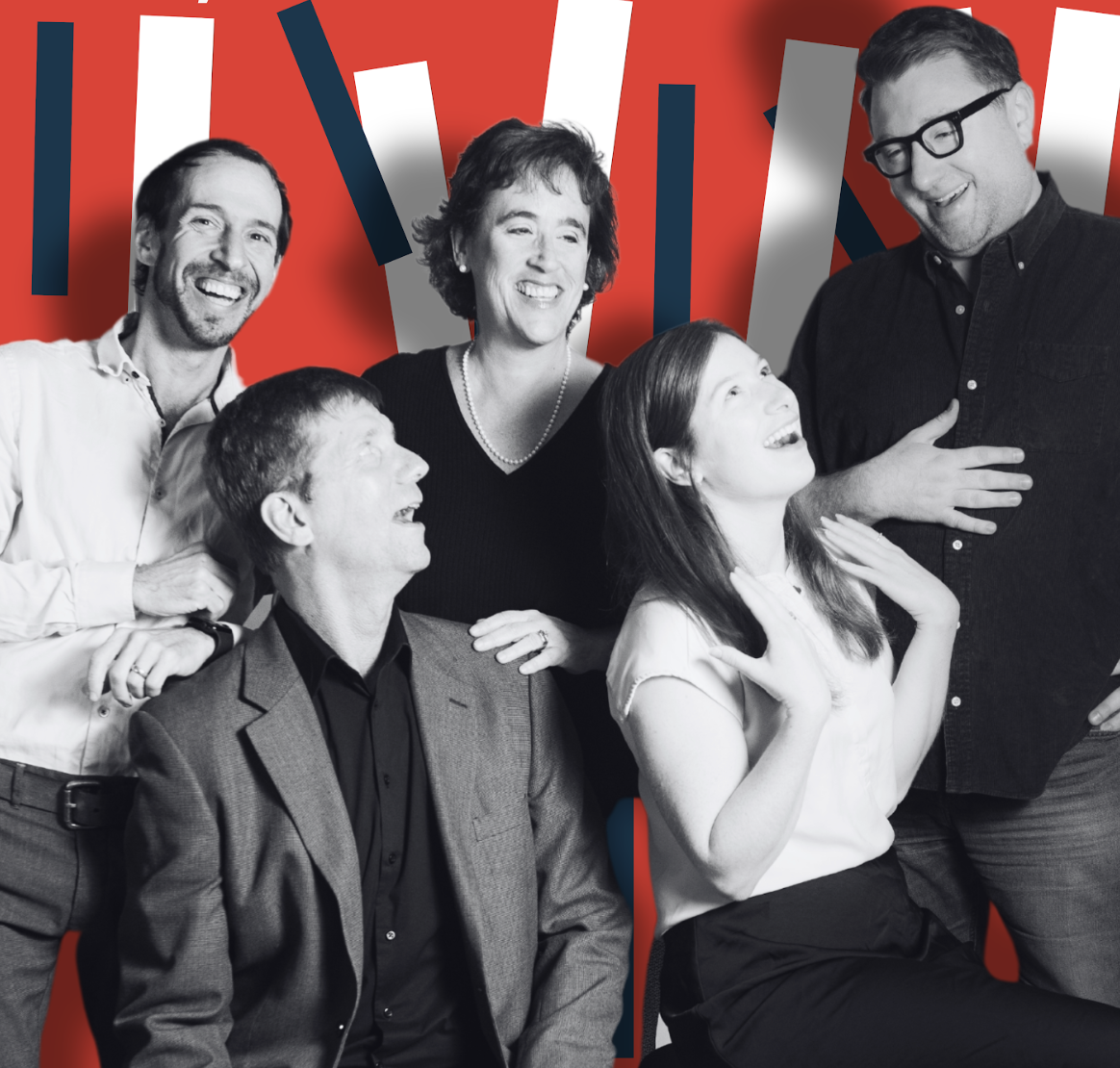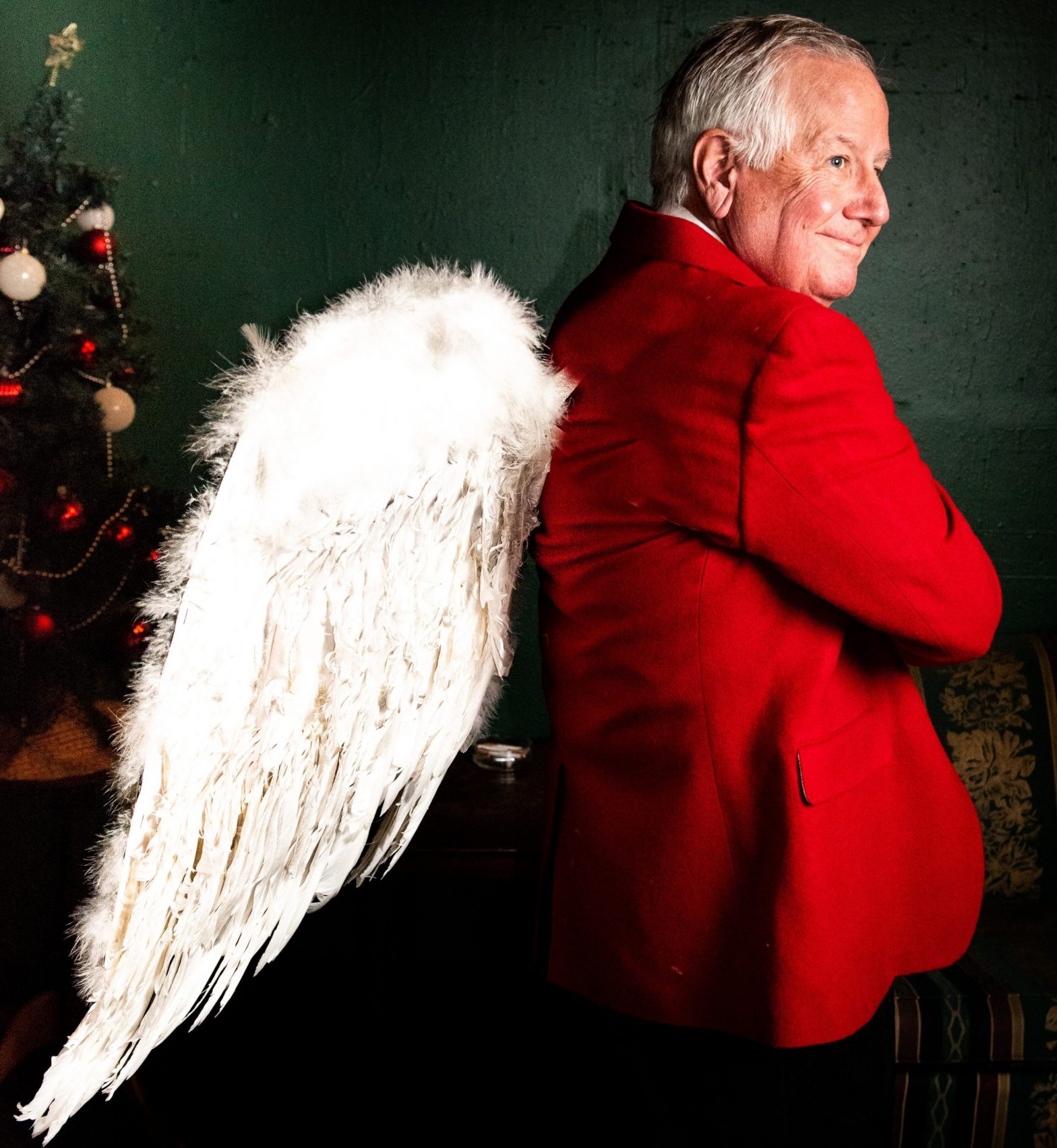By Tami Keaveny
Since 1973, Four County Players has been producing plays with community volunteers, teaching theater technique to aspiring actors of all ages, and entertaining central Virginia audiences in the charming town of Barboursville. When the pandemic closed venues in March 2020, the theater group pressed pause, initially hoping that waiting it out could salvage the season. As the reality of the shutdown became clear, the Players decided “the show must go online,” and presented the livestreamed Help Desk last fall. The theater returns to its 48th season on April 7 with The Laramie Project, which details the attack on University of Wyoming student Matthew Shepard, who was tortured and murdered for being gay. Producer Edward Warwick White spoke with C-VILLE about the play.
C-VILLE: Why did you choose The Laramie Project for a 4CP production?
Edward Warwick White: We’ve had our eyes on this piece for quite some time, and it honestly felt like the time was right and overdue. With the pivot from our planned 48th season and everything that is happening in the world around us, we’ve been thinking more and more clearly and critically about what stories we are telling and what voices we are elevating.
Matthew Shepard died 23 years ago, but despite changes in legislation and policy, this is a story and headline we could wake up and read tomorrow. Theater entertains, but it is also an opportunity to use the platform to educate, question, and advocate for change. In a nation that is plagued with deep issues of racism, bigotry, homophobia, and xenophobia, it’s critical that we shine the light on these issues whenever and wherever we can. The Laramie Project is one of those opportunities.
Did moving the show online bring any new opportunities?
Absolutely! The Laramie Project is an incredible script to begin with, but director Perry Medlin has had a strong vision for the show from the start. He really wanted to lean in to the documentary feel of the piece, and the online setting is perfect for it. What would normally be staged in person, you now see news reporters on-screen commenting on the action, in-depth interviews that feel like footage from a videographer working on the piece.
It’s stunning as a virtual piece, and I think it will really resonate with audiences given how we take in news and information now…it really feels like a matter of “what we lost in the fire, we gained in the flood.”
How did cast members stay in touch with this story during the pandemic delay?
When tackling a show with such intense, strong, and emotional content like The Laramie Project, it’s so important to stay connected as a company. One thing I thought was really smart is that Perry holds Sunday company gatherings. The space is there for the cast to unpack anything that needs to be unpacked, to be together, and to even just be social. It’s critical that everyone feel that support, safety net, and safe, brave space to share what’s on their hearts and minds. It’s also important in a piece like this that cast members have the opportunity to explore who these real-life people are or were. You want to honor the truth, not create caricatures.
What can Charlottesville learn from The Laramie Project?
I think there is a lot that Charlottesville can learn from The Laramie Project. In many ways, this is a story that should not only resonate, but one that should ring loudly and painfully true. Like Laramie, we are a (in many ways) small town that many love—that many brand as a great place to be. But we are also a town that is known nationally for tragedy, a painful history, and conflict.
Like this story, we have to own what happens here. We can’t distance ourselves from the bad, and the pain, and the hurt. We can’t say “well, I wasn’t there,” or “I would never do that.” One of my favorite lines from the show is “And we have to mourn this and we have to be sad that we live in a town, a state, a country where shit like this happens. I mean, these are people trying to distance themselves from this crime. And we need to own this crime. I feel. Everyone needs to own it. We are like this. We are like this. We are like this.”
We have to own what happens here. We say “the bad guys weren’t from here. This isn’t who we are. This isn’t Charlottesville. This isn’t America.” But it is. This is who we are, as painful as it may be. We have a lot to learn.








